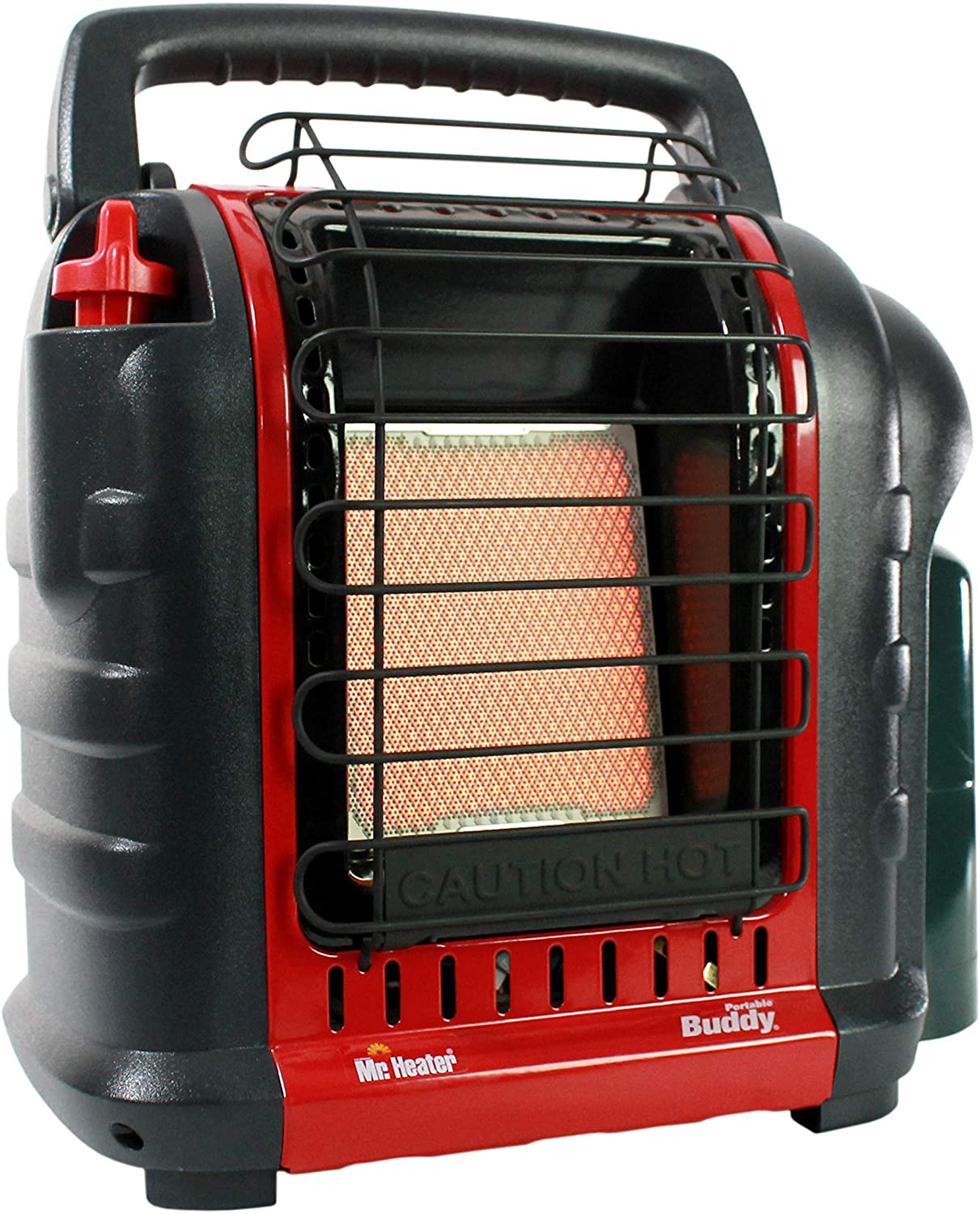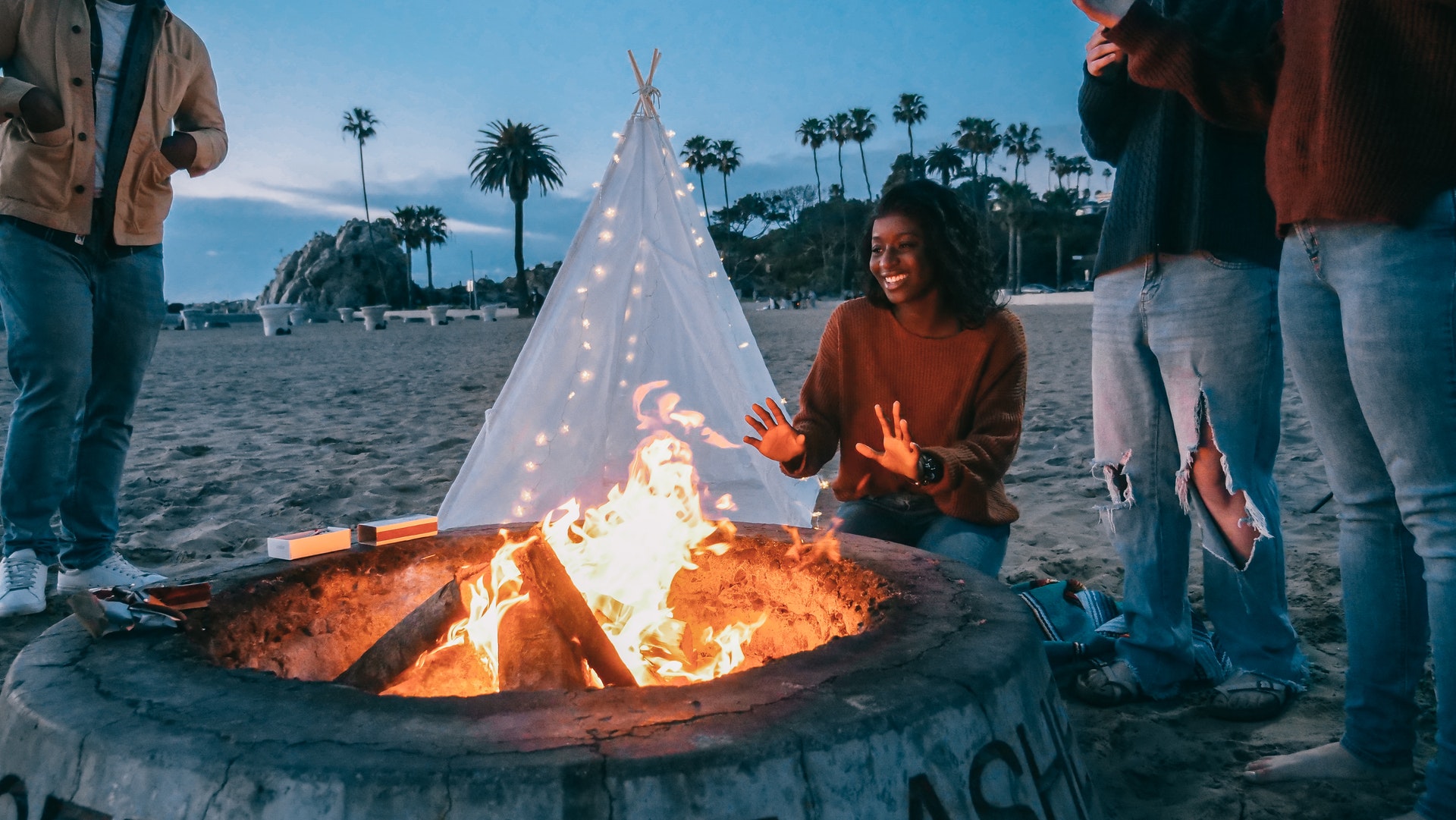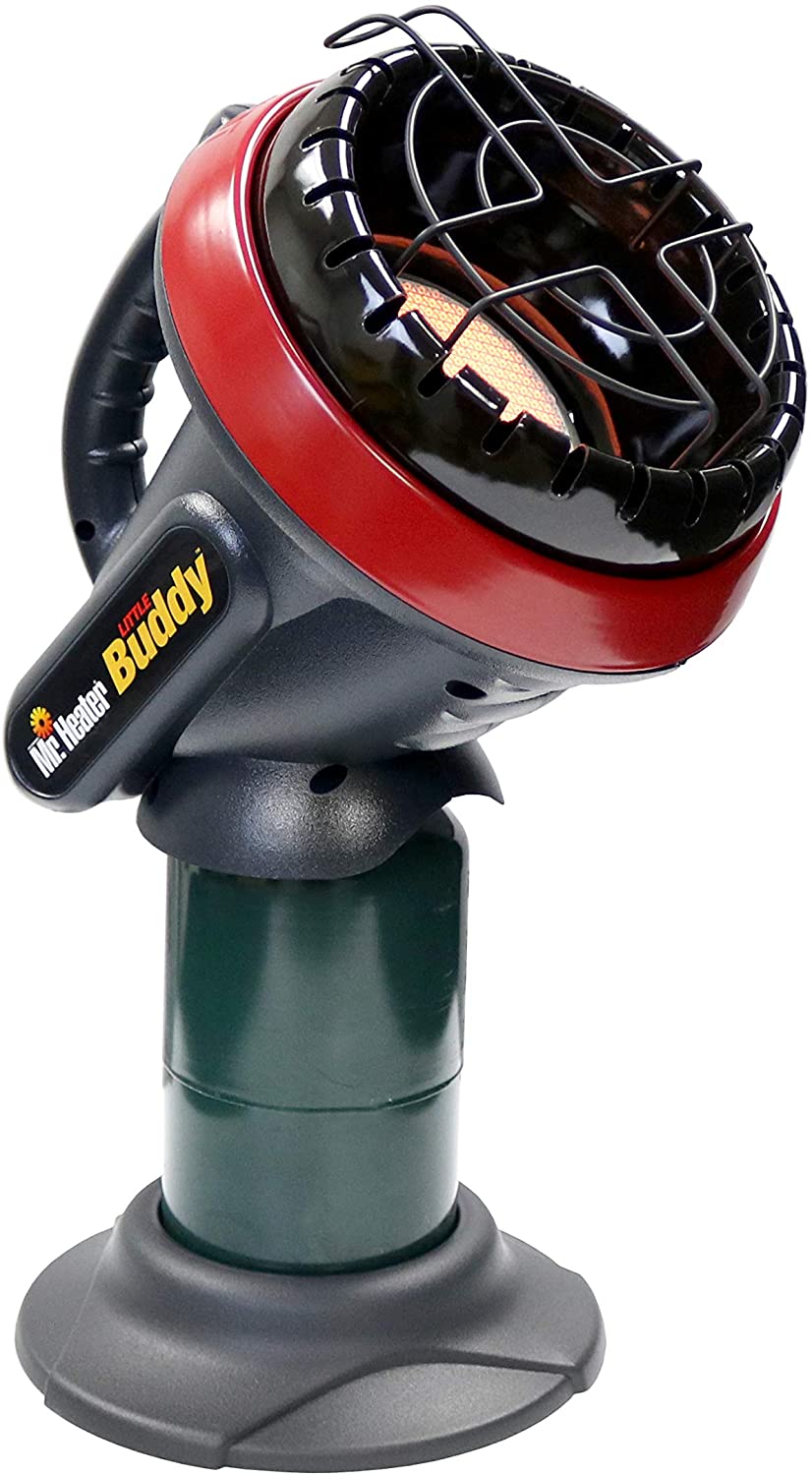Some Helpful Tips For You Before Choosing a Camping Tent Heater
More Useful Tips For Camping Tent Heater Buyers
Extreme Cold Weather Can Get You Very Sick
If you ever have been overnight camping, you know weather changes drastically in high altitude. We often see people on TV who are lost and end up freezing themselves to death because they simply did not expect how cold it can be at night. In a way, buying a good quality camping tent heater is an essential item that can potentially save your life.
Can You Start a Fire Yourself?
While camping, since there is no electricity, you will have to either start a fire or bring an equipment with you that can heat you up. If you are not too good at starting a fire in the wilderness, it may be a better idea to bring something that can heat you up and your loved ones.
Tents are Extremely Flammable
There are also some precautions you should keep in mind when purchasing or setting up a camping tent heater. As you know, all tents are extremely flammable to you should always make space for your heater. Make sure nothing flammable is near it and always safeguard it from kids.
Propane Heater Doesn’t Require Electricity
As you already know, there are only a few energy options when it comes to camping in the wilderness. You can go for battery powered, use a electric generator, propane gas or start a fire. We prefer a battery powered or propane gas since it is much more convenient than carrying around a generator. Below, you will find heaters with all power options below.
Most Popular

Why we recommend this product:
- 4,000- to 9,000-BTU radiant heater for spaces up to 225 square feet. Approved for indoor/outdoor use; clean-burning; nearly 100-percent efficient
- When operating the heater at altitudes over 7,000 FT above sea level the heater may shut off.
- Auto shut-off if tipped over, if pilot light goes out, or if detects low oxygen levels. Fuel Consumption/Burn Rate (Gal/Hr) at 4000 BTU = 0.044 Gal/Hr, at 9000 BTU = 0.099 Gal/Hr
Runner Up
Why we recommend this product:
- Indoor-safe portable propane heater for rooms up to 95 square feet.
- Continuous odor-free, 45-degree heating angle. Maximum Elevation (Ft) 7000 Feet. Automatic low oxygen shut-off system (ODS). Perfect solution for heating small enclosed spaces like tents up to 95 square feet
- Simple on/off buttons; uses 1-pound disposable propane cylinder (not included). Run time at minimum btu and maximum btu is 5.6 hours. Do not operate heater in any moving vehicle. This heater requires a vent area of 4 square inches minimum for adequate ventilation during operation
- Low-oxygen sensor and accidental tip-over switch with auto shut-off for safety.
- Recommended for emergency heat, tents, campers, workshops, job sites, porches, patios, decks, garages, storage buildings, picnics, tailgate parties, construction trailers, sporting events, barns, sheds, hunting blinds, shelters and ice fishing shanties
Showing all 4 results
-

Mr. Heater Original 540-Degree 45,000 BTU Tank Top Radiant Propane Heater,chrome,Silver
$72.99 Buy product -

GASLAND MHA18B Propane Heater, 18,000 BTU Warm Area up to 450 sq. ft, Portable LP Gas Heater for Garages, Workshops and Construction Sites, Ultra Quiet Propane Radiant heater with LP Regulator Hose
$199.99 Buy product -

Mr. Heater MH18B Portable Propane Heater, Red
$213.67 Buy product -

Mr. Heater Big Buddy Indoor/Outdoor Portable Propane Heater
$139.99 Buy product


